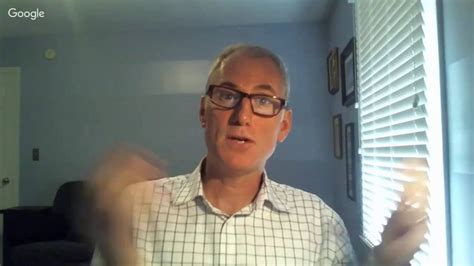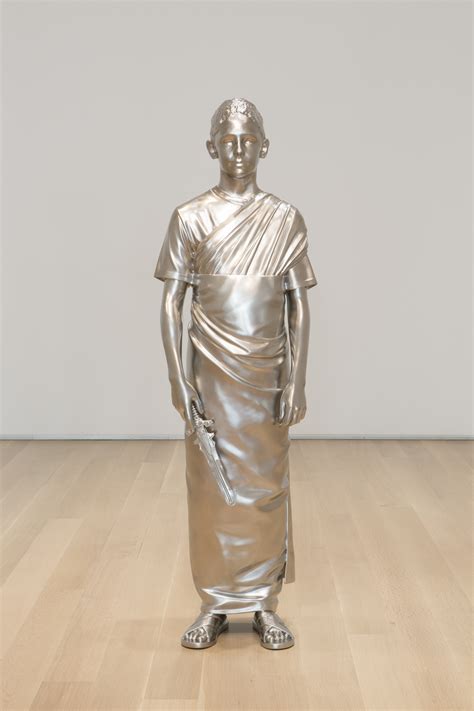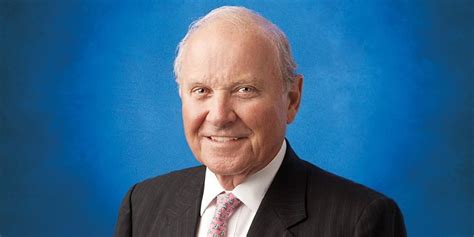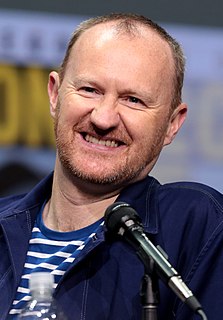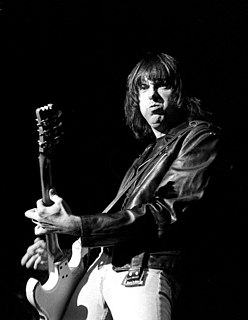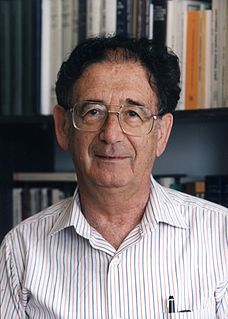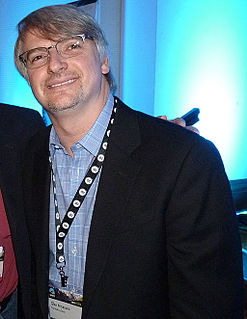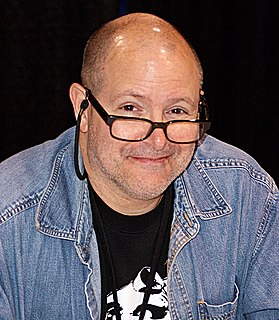A Quote by Dave Morris
'Frankenstein' is a work rich in possible meanings, so the horror-show interpretation is as valid as any.
Quote Topics
Related Quotes
Work is rich. It can be looked at psychologically or philosophically or personally. The interpretive nature of work is different than the work itself. The interpretation of work isn't the key to understanding it. I'm worried about making a good sculpture. I'm not so worried about the interpretation of it.
The Text is plural. Which is not simply to say that it has several meanings, but that it accomplishes the very plural of meaning: an irreducible (and not merely an acceptable) plural. The Text is not a co-existence of meanings but a passage, an overcrossing; thus it answers not to an interpretation, even a liberal one, but to an explosion, a dissemination.
I really don't know what exactly all the songs mean. Sometimes other people have meanings and when I hear them I think, 'That's really a better meaning than I thought, and perfectly valid, given the words that exist.' So part of what makes a song really good is that people take in different meanings, and they apply them, and they might be more powerful than the ones I'm thinking.
